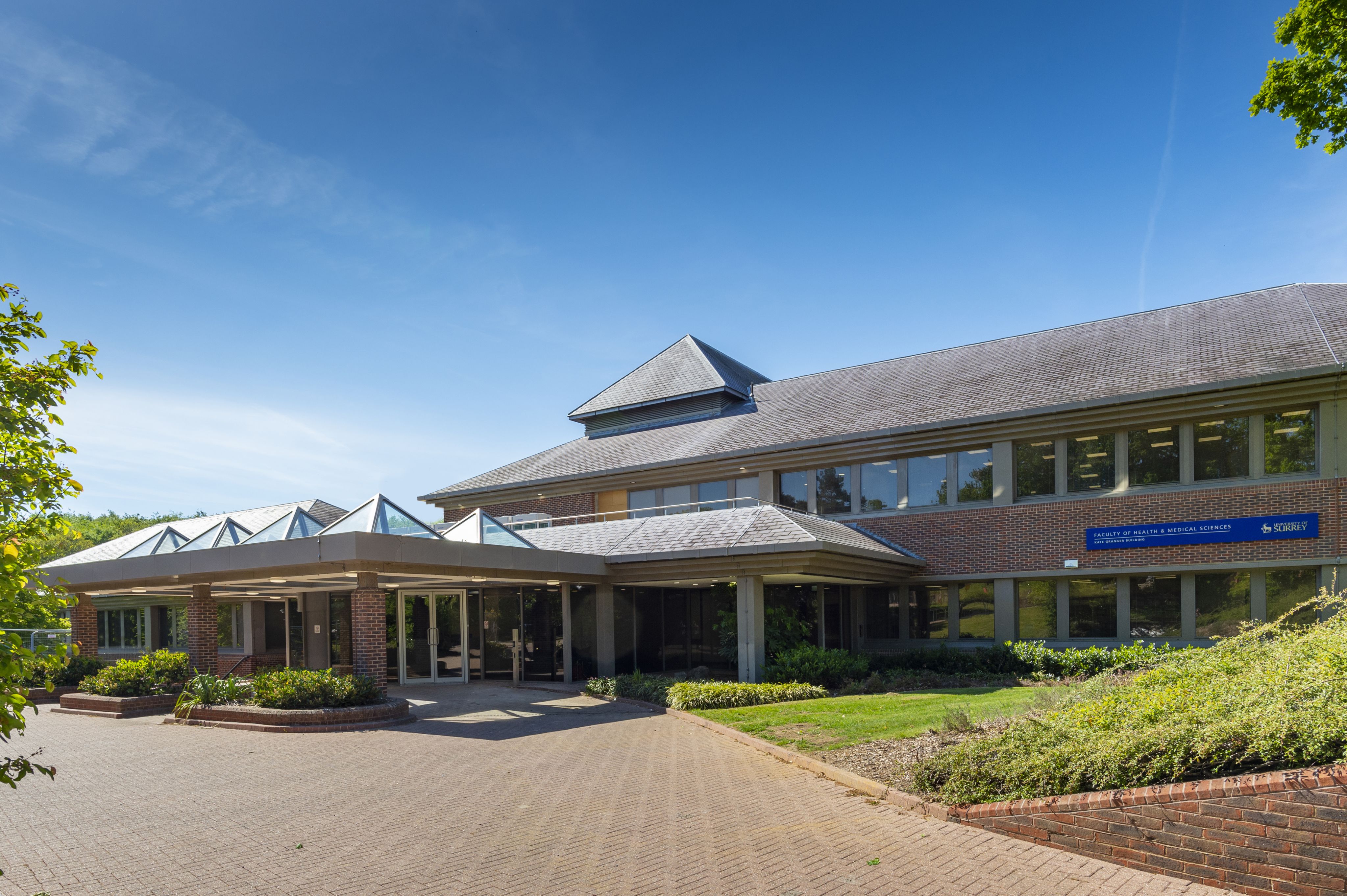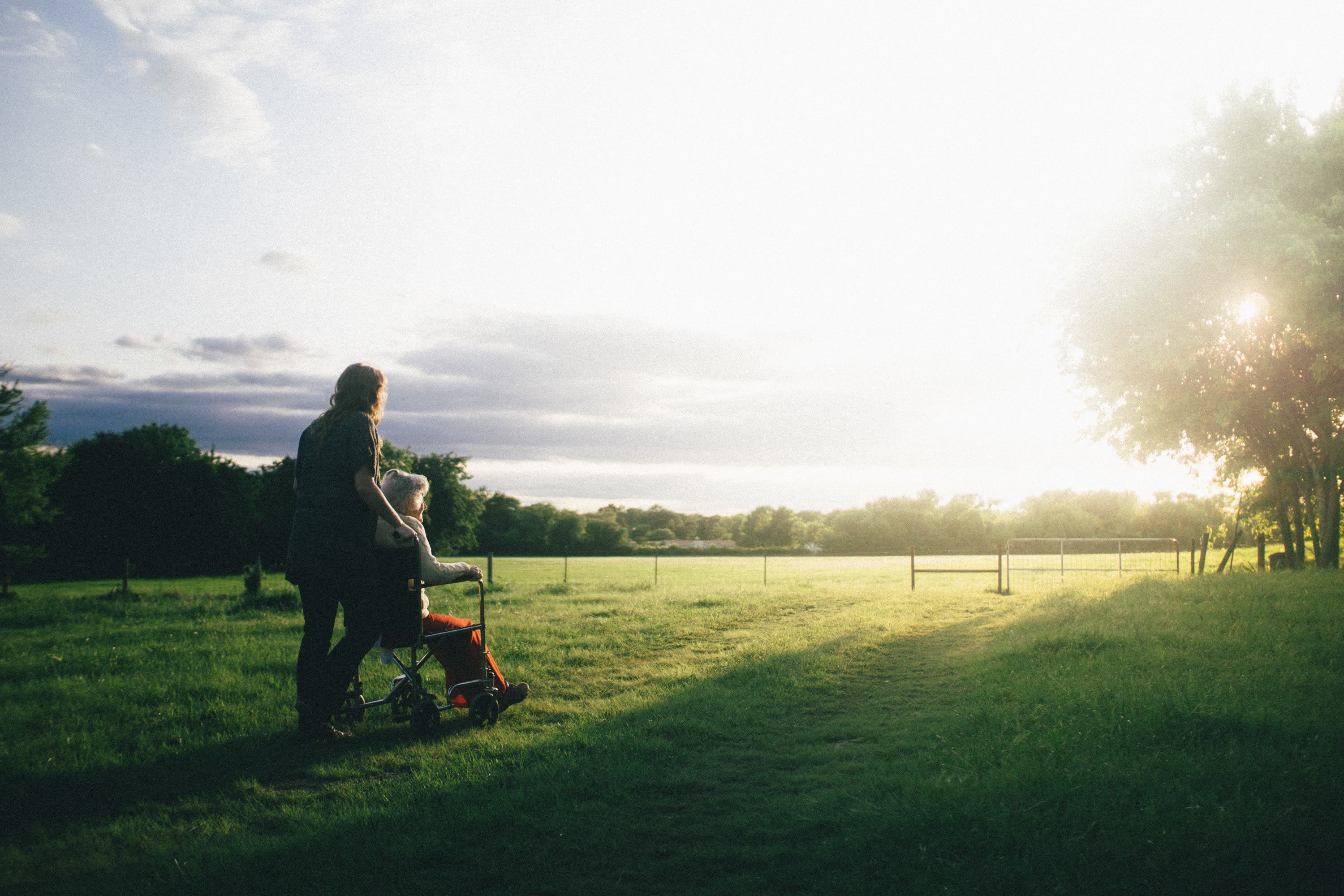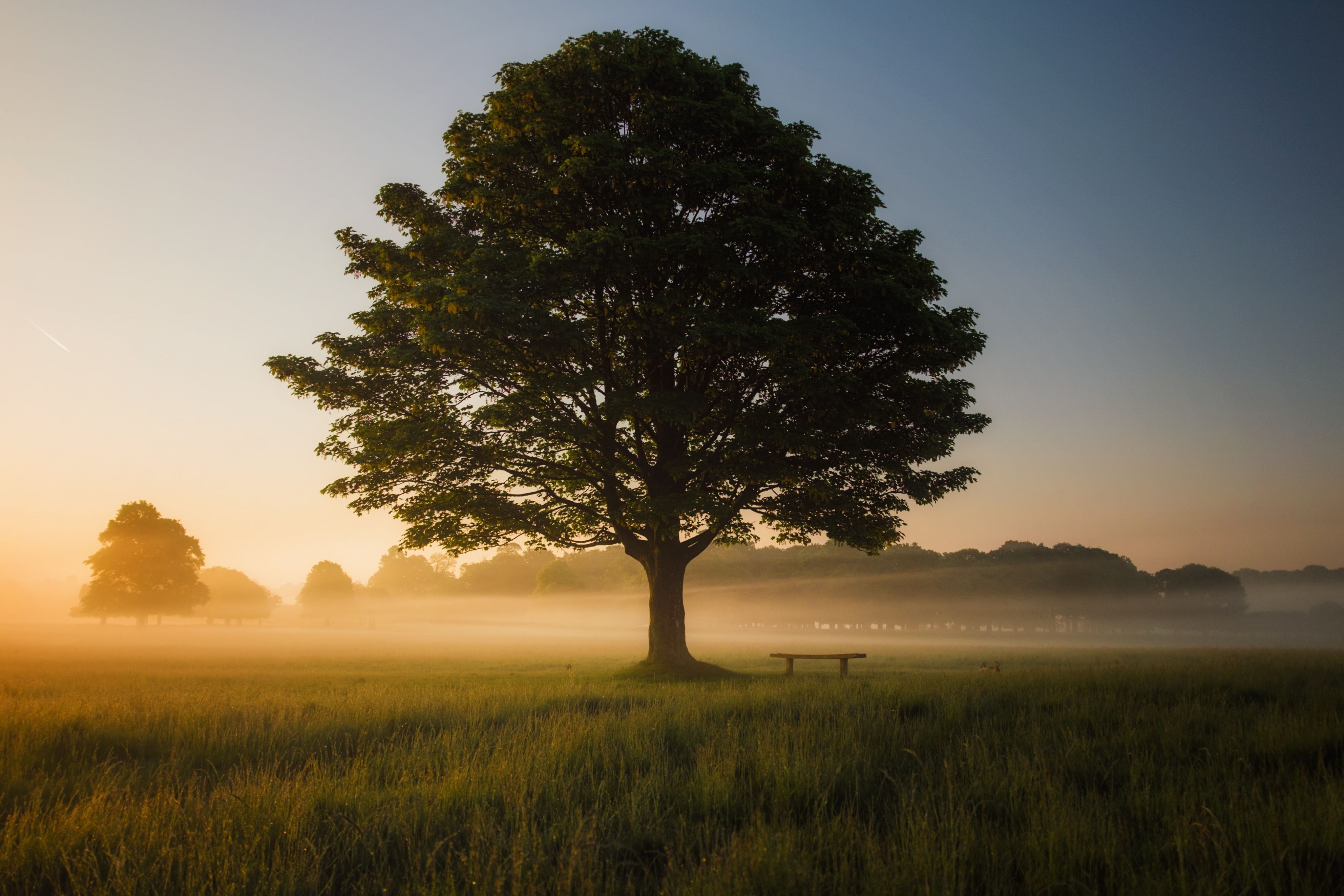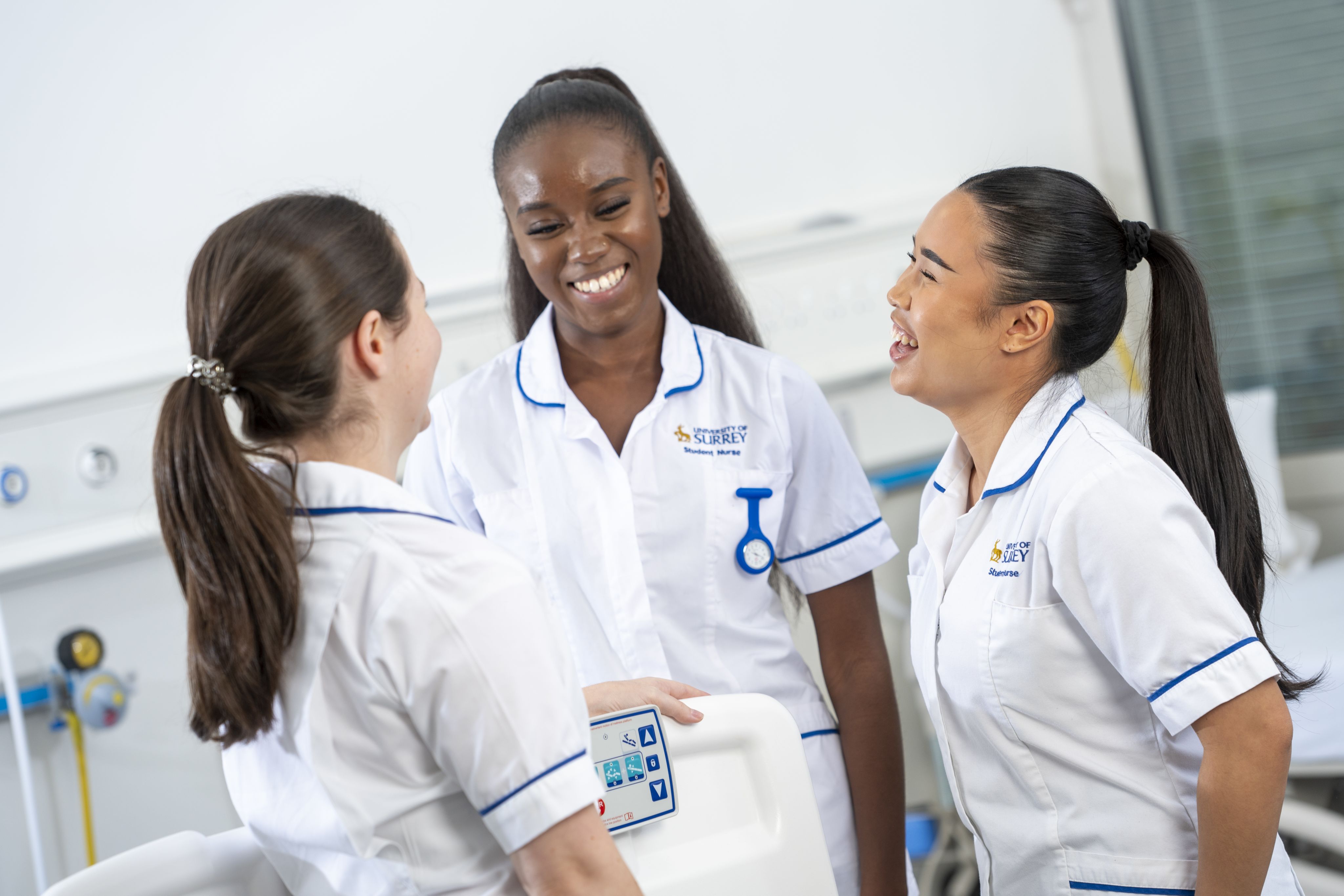From Surrey student to Chief Nurse: Meet Dr Maggie Davies
As Chief Nurse at University Hospitals Sussex NHS Foundation Trust, Dr Maggie Davies knows a thing or two about nursing. We chatted with Maggie about her strong connection to Surrey, why nursing is the best job in the world, and why we must keep fighting for our NHS.

Maggie, what first drew you to the University of Surrey?
I first came to Surrey in 2000 to study for a masters in palliative care nursing, then I studied for a clinical practice doctorate in nursing from 2011–2015. The University was a pioneer in the nursing and midwifery space, with a focus on the clinical frontline. It felt different and vibrant. And the campus was – and still is – beautiful.
As Chief Nurse, you see many student nurses come through your doors. What do you say to them?
I always look around the room and tell them: “One of you in this room will be the next Chief Nurse of this hospital.” It gets some laughs but we need to inspire the next generation. I always say that being a nurse is a privilege from day one to the last day of your career. There are challenges every single day but it’s very rewarding. I wouldn’t change it for anything.
Dr Maggie Davies
Dr Maggie Davies

It’s often the small moments or gestures that have the biggest impact – whether it’s getting a patient their favourite ice cream or reading a book with them for half an hour. Nurses are uniquely placed to make things like this happen.
What makes a good nurse?
You’ve got to love people and be completely authentic. Patients often come to us in their most vulnerable state so you need to give them everything – whether it’s a five-minute conversation or two hours of direct care. You share the happiest and the saddest moments with people. And show humility: you have to understand different choices and forms of care and be non-judgemental.
You must oversee a lot of staff and patients in your role. Do any moments or stories in particular stand out?
As Chief Nurse, I have the privilege of reading lots of positive stories from staff, patients and families about the care they’ve received. I remember one story involving a patient who was very ill and in intensive care. He wanted some fresh air so a team of three nurses took him outside with his family for an hour. He died a few days later, and for him and his family having this last wish fulfilled meant everything. It’s often the small moments or gestures that have the biggest impact – whether it’s getting a patient their favourite ice cream or reading a book with them for half an hour. Nurses are uniquely placed to make things like this happen.

I always say to students, a nursing career is not a ladder, it’s a tree with many branches. There are lots of ways to be engaged in the health service.
You’ve worked in the NHS for many years now. What does it mean to you?
My grandad was a surgeon, and my grandma was a nurse. They are my inspiration every day and to follow in their footsteps is an honour. They remembered when people had to pay to have a baby – it’s unthinkable now! The NHS saves millions of lives every year and for every bad story in the media there are a thousand stories of fantastic care. I’ve always found that people go the extra mile in the NHS, doing things from a place of compassion and wanting to do the right thing in the moment. And it’s a career for life if you want it to be; in 30 years I’ve gone from Healthcare Assistant to Chief Nurse.
Are there more career pathways available now than there used to be for nurses?
Absolutely. I always say to students, it’s not a ladder, it’s a tree with many branches. There are lots of ways to be engaged in the health service, whether it’s community hospitals or patients’ homes, GP practices, care homes, private hospitals, mental health services, or a research career. Or you could travel the world and take your qualification with you.
As well as being a graduate of Surrey, you're also a visiting professor. What does the University mean to you?
I’ve had a brilliant academic career with the University and I feel utterly privileged to be a visiting professor. Surrey’s student nurses and midwives are also exceptionally high-calibre: they’re hungry for knowledge and really committed to their training. To put it simply, Surrey feels like home to me.
Find your team at Surrey

